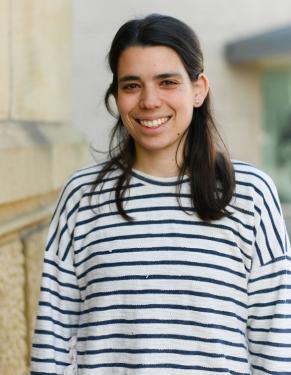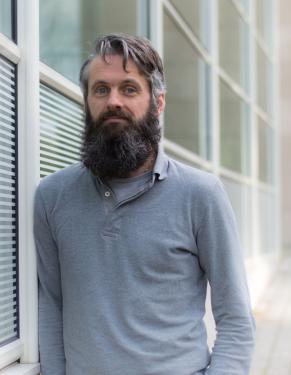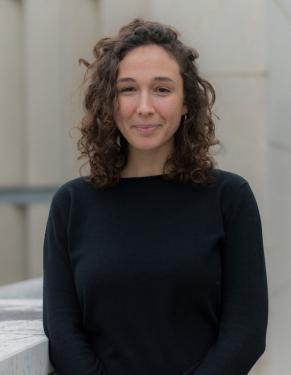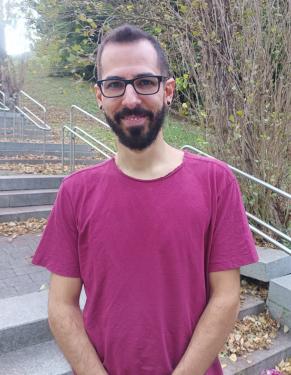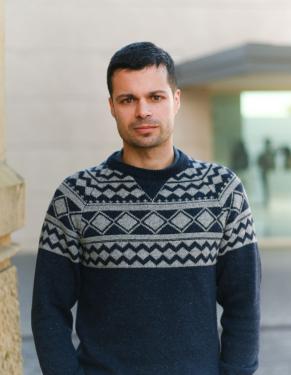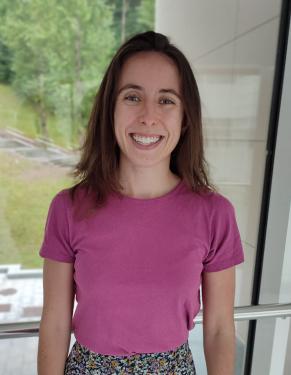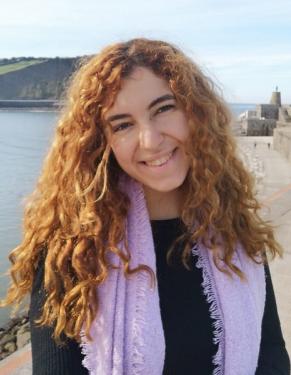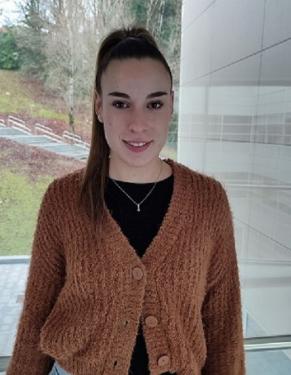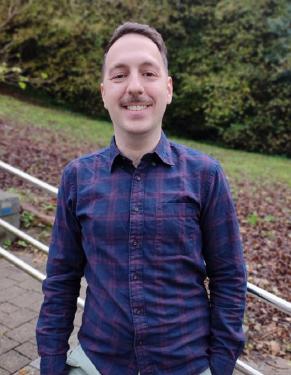Neurobiology of language
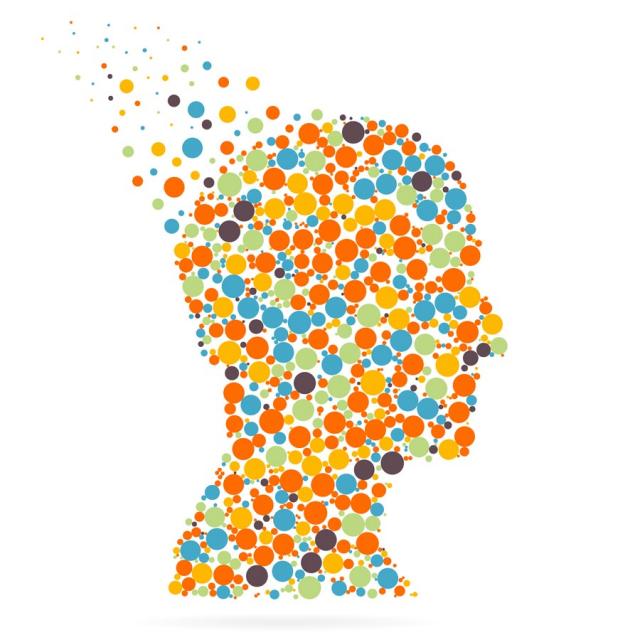
Neurobiology of language
The Neurobiology of Language group looks at how the brain represents and processes language in typical as well as atypical populations, for example, when people with deafness or dyslexia read texts.
Examining speech-brain synchronization allows us to identify children at risk for dyslexia and to develop interventions based on neurofeedback that enhance rhythmic sensitivity.
Additionally, we investigate how plasticity allows the brain to adjust to new or unusual circumstances, such as acquiring a new language or the appearance of a brain lesion.
Our studies with bilinguals of different types (including sign language users) provide insight into whether differences between languages and modalities are reflected in underlying neural networks.
We conduct longitudinal research with language learners of different types and brain tumor patients to map language function and to track macrostructural and functional plasticity.
Our team
Publications
In press
Are you interested in joining us?
We believe our diversity makes for better science
In BCBL we promote the professional development of all our staff members.
Take a look at our current job offers to join our team and participate in international research projects.
I want to work at the BCBL

